‘Western powers have behaved badly towards Russia historically and recently’
Your digest of analysis from the British and international press
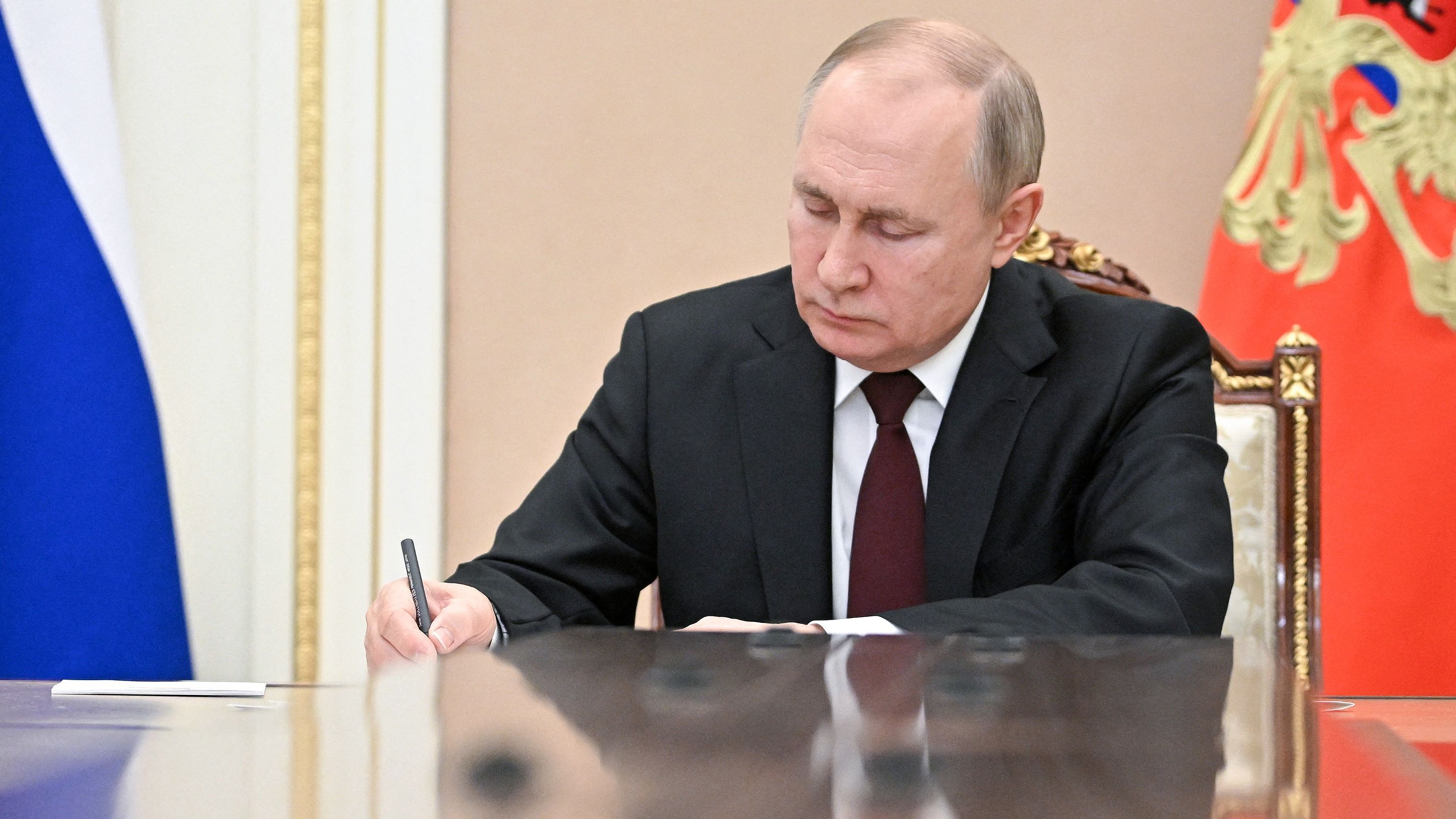
A free daily email with the biggest news stories of the day – and the best features from TheWeek.com
You are now subscribed
Your newsletter sign-up was successful
1. We blew our chance to befriend Putin
Rod Liddle in The Spectator
on strained relations
The West has “behaved badly towards Russia both historically and recently”, says Rod Liddle in The Spectator, “always refusing to allow the Russians what, periodically, they yearn for – to be accepted as part of the civilised Western world”. Moscow has “very good cause” to be paranoid about the West. Back in 2000, Putin petitioned for Russia to be admitted to Nato, only to be told with “delicious contempt” that his country “should apply to join”. Instead of letting Russia into the alliance, “which would be to our enormous advantage in dealing with China and radical Islam”, the suggestion was “dismissed out of hand”. Instead, “Western countries sent to Moscow scores of free-market ‘consultants’ to oversee the privatisation and massed asset stripping of the formerly state-controlled Soviet industries, which led directly to two catastrophic depressions, enormous unemployment and the creation of a semi-criminal or simply criminal oligarchic elite”, Liddle continues. Little wonder that Putin has “given up the occidental ghost” and is now “looking east, to China, to ever greater autocracy and a cultural programme which once again sets Russia ideologically at odds with Western Europe”. The West had plently of “chances to neutralise Russia’s potential threat”, but “they have all been passed up”.
The Week
Escape your echo chamber. Get the facts behind the news, plus analysis from multiple perspectives.

Sign up for The Week's Free Newsletters
From our morning news briefing to a weekly Good News Newsletter, get the best of The Week delivered directly to your inbox.
From our morning news briefing to a weekly Good News Newsletter, get the best of The Week delivered directly to your inbox.
2. ‘Sneer Starmer’ has let the mask slip
Patrick O’Flynn in The Telegraph
on metropolitan masks
“So it turns out that you can take the man out of Camden but you can’t take Camden out of the man,” writes Patrick O’Flynn of Keir Starmer’s “disastrous smirking about the people of Coventry”. The Labour leader “laughed out the name of the Midlands city” during a television interview as he “poured scorn on the very idea” that relations between his party and trade unions could be impacted by a dispute there over bin collections. Starmer’s interview has offended many in Coventry, “but it won’t only be there that his attitude goes down badly”, O'Flynn argues in The Telegraph. “People in many other towns and cities across provincial England will readily understand this condescending metropolitan mindset having encountered it themselves many times.” Despite Starmer’s efforts to come across as a “normal bloke”, the “mask has slipped”. Labour is “once again outed as a party run by wealthy London lawyers and academics that views anywhere outside the M25 as a foreign land and tried to cancel the Leave votes of millions out in the Red Wall”.
A free daily email with the biggest news stories of the day – and the best features from TheWeek.com
3. We can’t fight anti-Semitism in Britain until we truly understand what we’re dealing with
David Feldman in The Guardian
on rising hate
“Ae we doing enough – or even the right things – to combat anti-Semitism?” asks David Feldman in The Guardian. A recent report by the Community Security Trust (CST) recorded the “the highest ever annual total of anti-Jewish hate incidents, 24% above the previous peak reached in 2019”. Politiicans and government officials “haven’t ignored the problem – far from it”. But “British Jews have become more fearful and the appearance of anti-Semitism itself reveals depths of ignorance and confusion”, says Feldman, director of the Birkbeck Institute for the Study of Antisemitism. Public discussions about the issue reveal a “strange mix of consensus and controversy”, raising questions over “what can we do better”. In recent decades, “Jewish people have become increasingly prepared to speak out against anti-Semitism”, he continues. But “the earnest response from senior politicians and civil servants has fallen short”. If we are to make further progress, Feldman suggests, we need “to repair the frayed connections between the struggle against anti-Semitism and anti-racist politics more broadly”.
4. For all our sakes, let’s hope Clegg fails again
Emma Duncan in The Times
on monopoly’s dangers
Nick Clegg “obliterated” the Liberal Democrats party “in the space of a few years, reducing its vote share from 23% in the 2010 election to 8% in 2015”, says Emma Duncan. But she “never held it against him”, because Clegg was “clearly a much better and nicer man than the self-interested Tories with whom he had naively teamed up”. Now, in “a strange plot twist”, writes The Times columnist, his “air of personal decency has propelled him to the top of the Evil Empire aka Meta, formerly Facebook”. Managing relations with governments has become “the most important job in the firm”, where Clegg has just been promoted to president of global affairs, says Duncan. If the former Lib Dem leader succeeds in his new role and prevents tighter government regulation, Mark Zuckerberg could become “one of the most powerful people in the world”. But Meta’s “monopolistic power is not in the public interest”, warns Duncan. “Economic theory and centuries of experience tell us that monopolies tend to suppress competition and thus innovation.” Given that risk, “we should all hope that Clegg’s second career is as much of a failure as his first”.
5. The Last Funny Conservative
Christopher Buckley in The New York Times
on the death of a satirist
P.J. O’Rourke “was a fellow of infinite jest”, writes author and political satirist Christopher Buckley in The New York Times. “I can scarcely recall, over the 40 years we were friends, P.J. saying anything that wasn’t funny,” Buckley continues. O’Rourke, who died this week at the age of 74, “found humorlessness the funniest” of “all human failings”. And his “death marks the end of a particular and an essential sensibility”. He “found humour everywhere and in everything, especially in his fellow Republicans”. The world has lost “lost more than the man The Wall Street Journal called ‘the funniest writer in America’”, Buckley concludes. “We’ve lost the last funny conservative.”
-
 Local elections 2026: where are they and who is expected to win?
Local elections 2026: where are they and who is expected to win?The Explainer Labour is braced for heavy losses and U-turn on postponing some council elections hasn’t helped the party’s prospects
-
 6 of the world’s most accessible destinations
6 of the world’s most accessible destinationsThe Week Recommends Experience all of Berlin, Singapore and Sydney
-
 How the FCC’s ‘equal time’ rule works
How the FCC’s ‘equal time’ rule worksIn the Spotlight The law is at the heart of the Colbert-CBS conflict
-
 Luton Airport bendy buses join Ukraine war effort
Luton Airport bendy buses join Ukraine war effortfeature And other stories from the stranger side of life
-
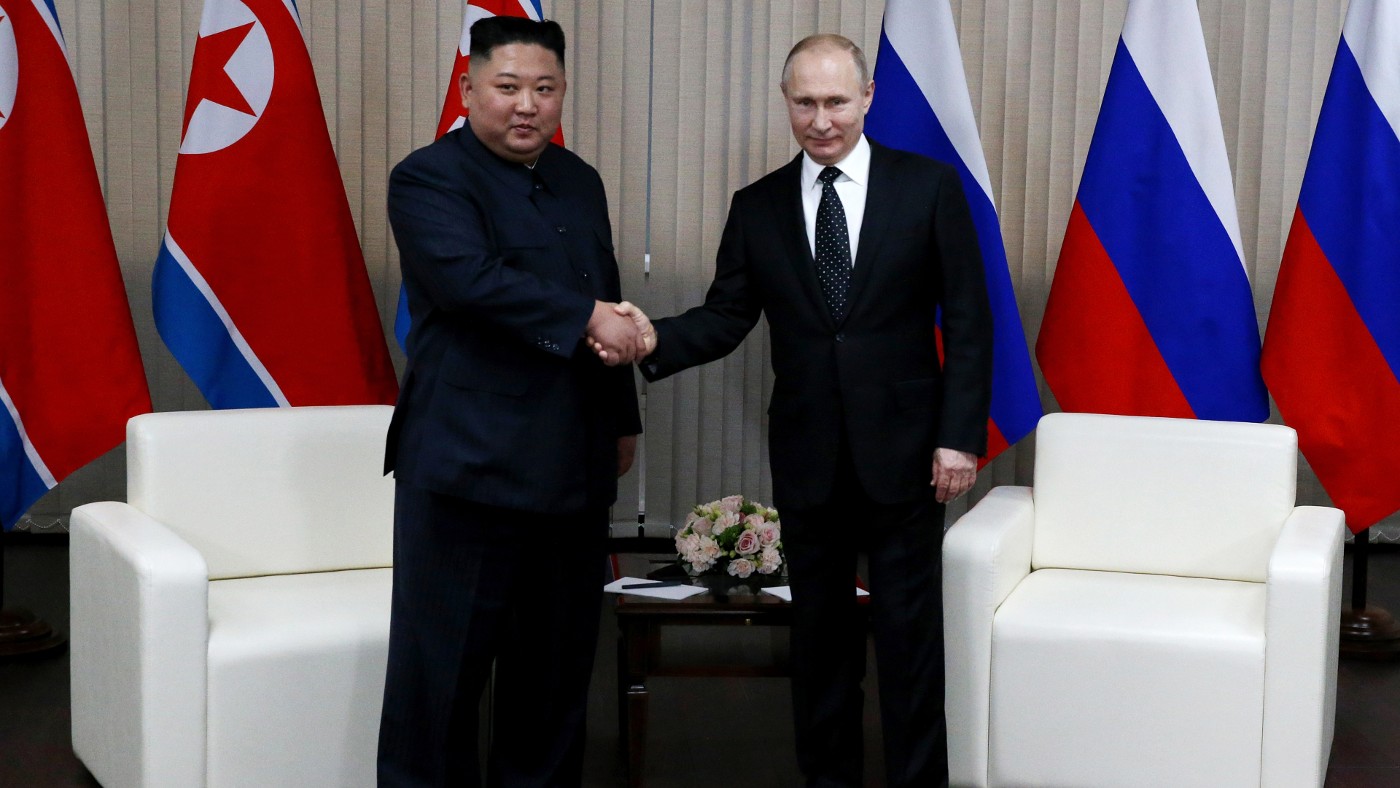 Would North Korean weapons tilt the war Russia’s way?
Would North Korean weapons tilt the war Russia’s way?Today's Big Question Putin wants to boost ‘depleted stocks’ but Pyongyang’s arms may be in poor condition
-
 Nobody seems surprised Wagner's Prigozhin died under suspicious circumstances
Nobody seems surprised Wagner's Prigozhin died under suspicious circumstancesSpeed Read
-
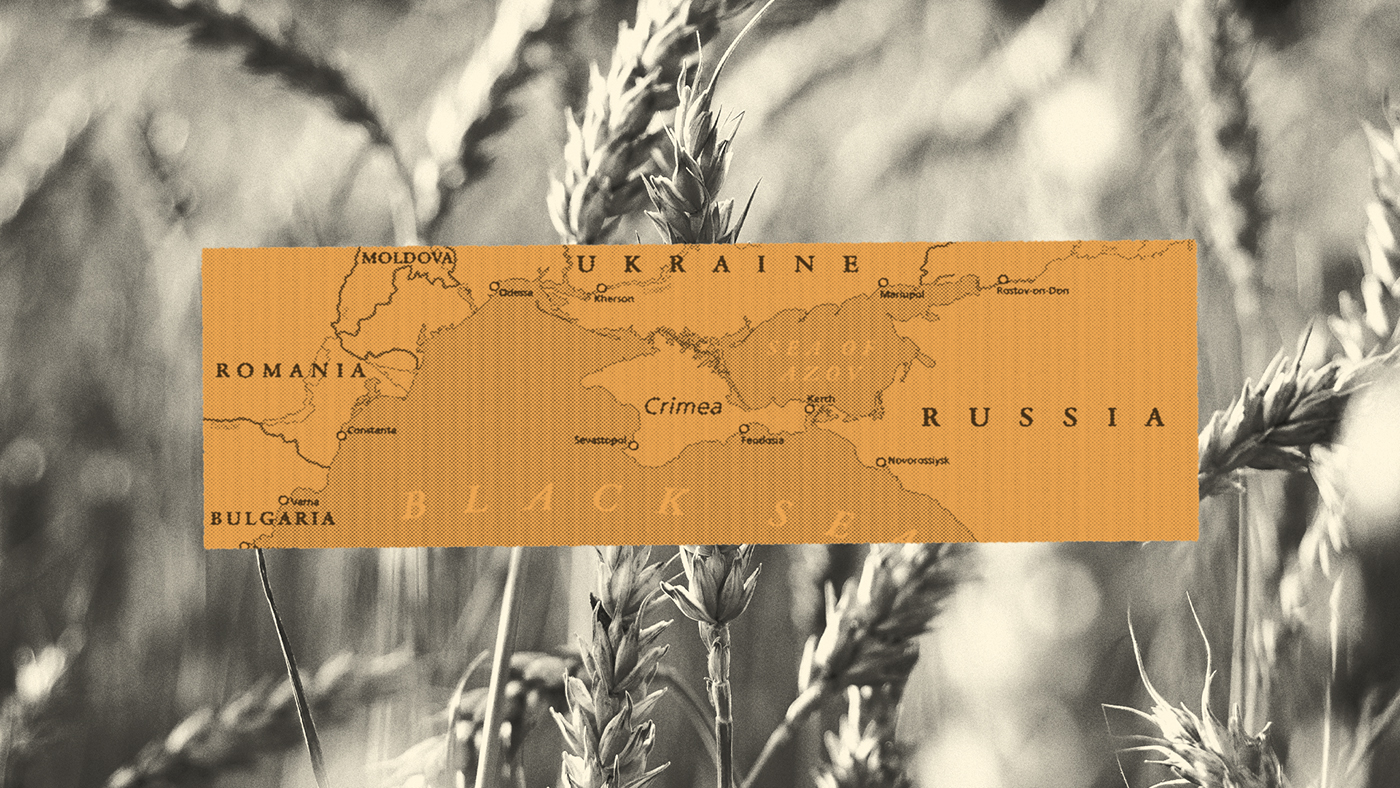 Can the Ukraine-Russia Black Sea grain deal be rescued?
Can the Ukraine-Russia Black Sea grain deal be rescued?Today's Big Question The Kremlin’s termination of agreement has sparked fears among food-insecure countries
-
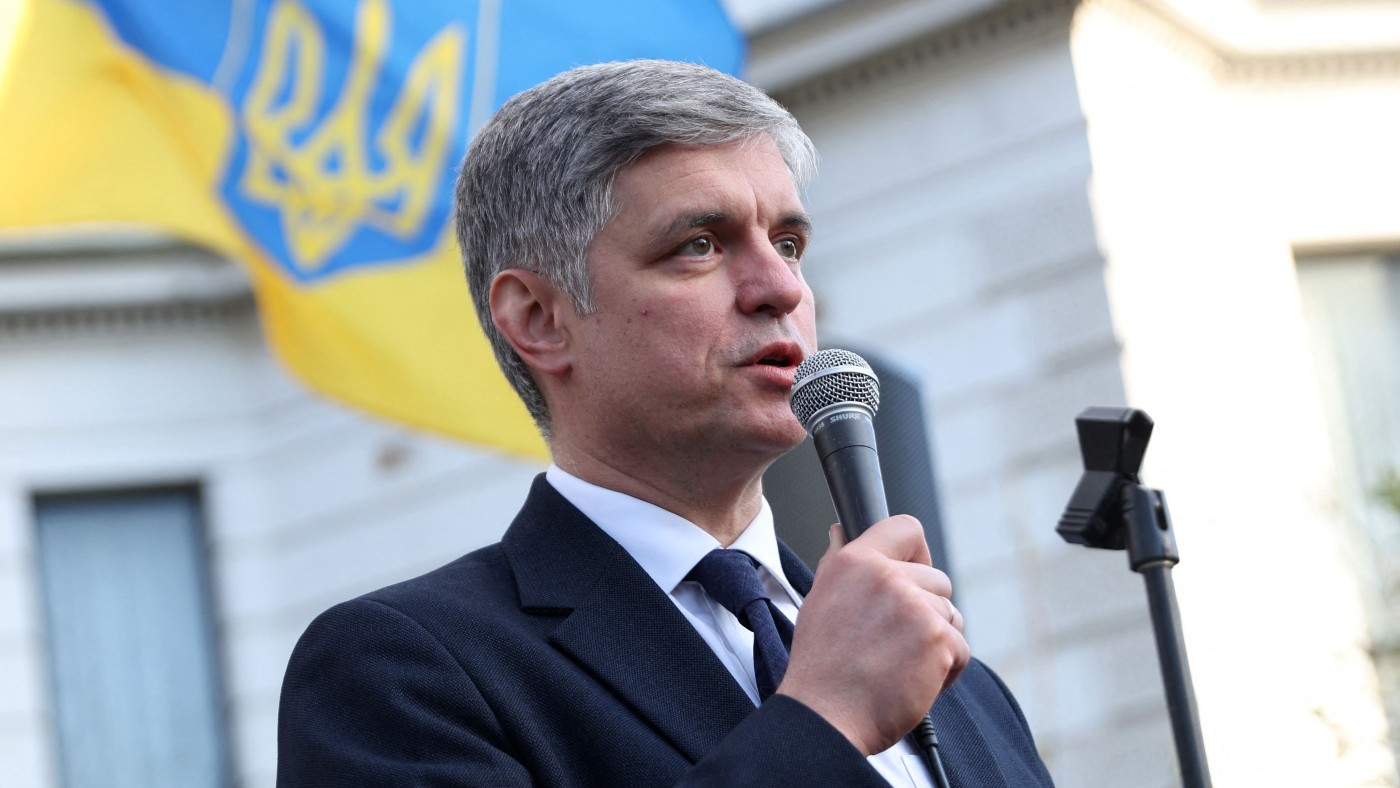 Zelenskyy sacks Ukraine ambassador to UK after sarcasm row
Zelenskyy sacks Ukraine ambassador to UK after sarcasm rowSpeed Read Vadym Prystaiko accused his boss of an ‘unhealthy sarcasm’ in response to British defence secretary Ben Wallace
-
 Why journalist deaths continue to rise around the world
Why journalist deaths continue to rise around the worldUnder the Radar Journalist deaths rose sharply in 2022 and don't appear to be slowing down this year
-
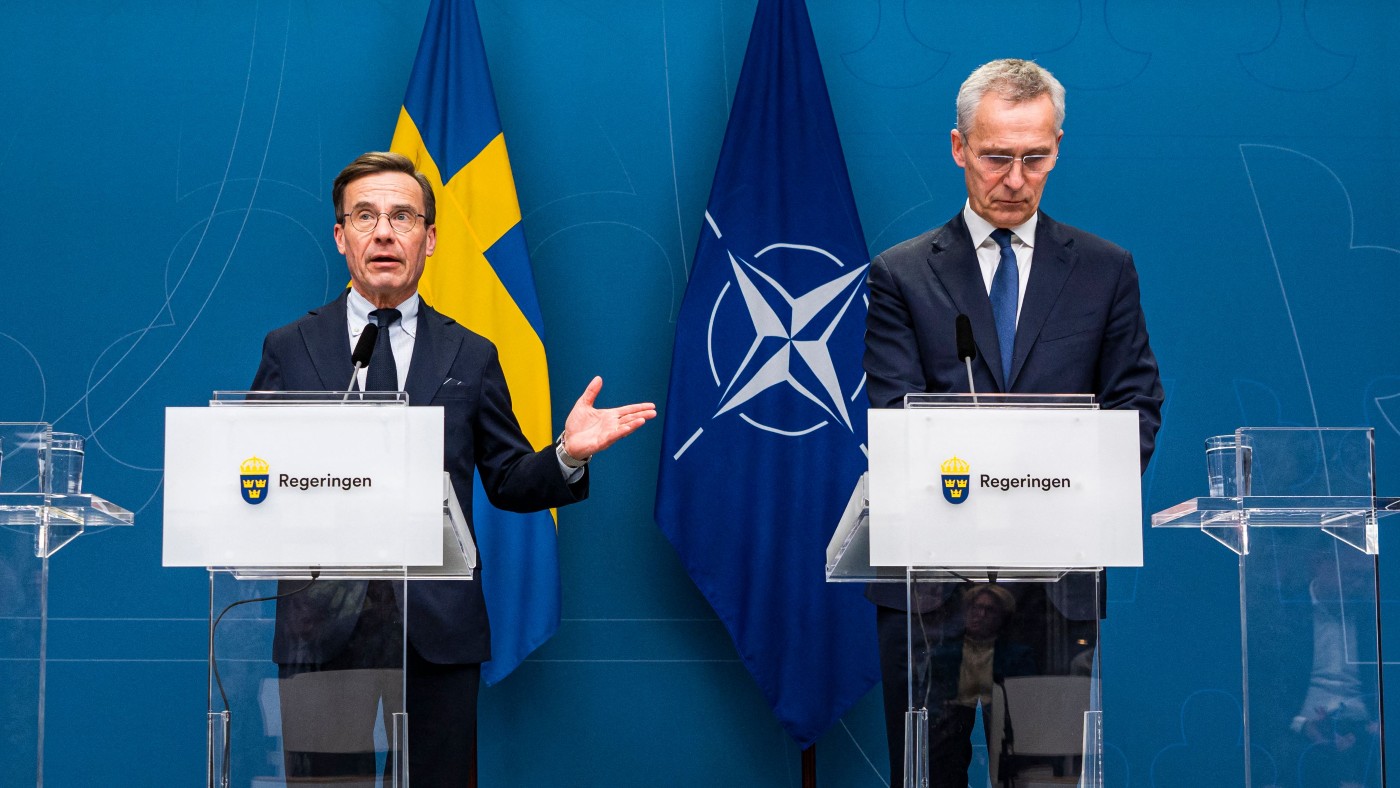 Non-aligned no longer: Sweden embraces Nato
Non-aligned no longer: Sweden embraces Natofeature While Swedes believe it will make them safer Turkey’s grip over the alliance worries some
-
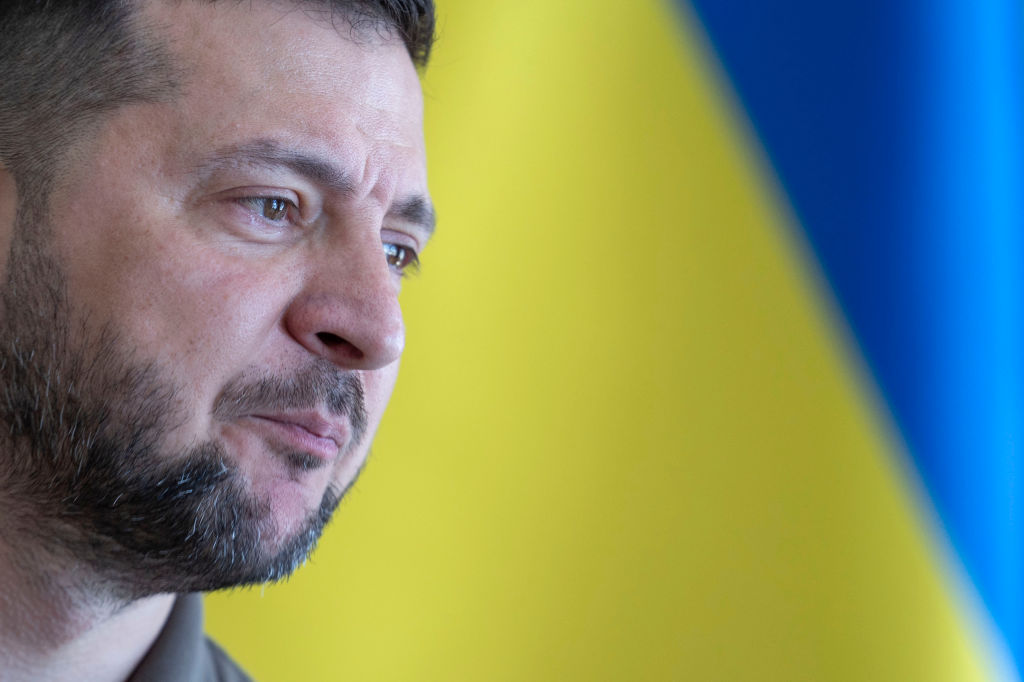 Should Ukraine be admitted to NATO?
Should Ukraine be admitted to NATO?Talking Point With this week's Vilnius summit, Ukraine's possible accession to the military alliance is more than a little top of mind